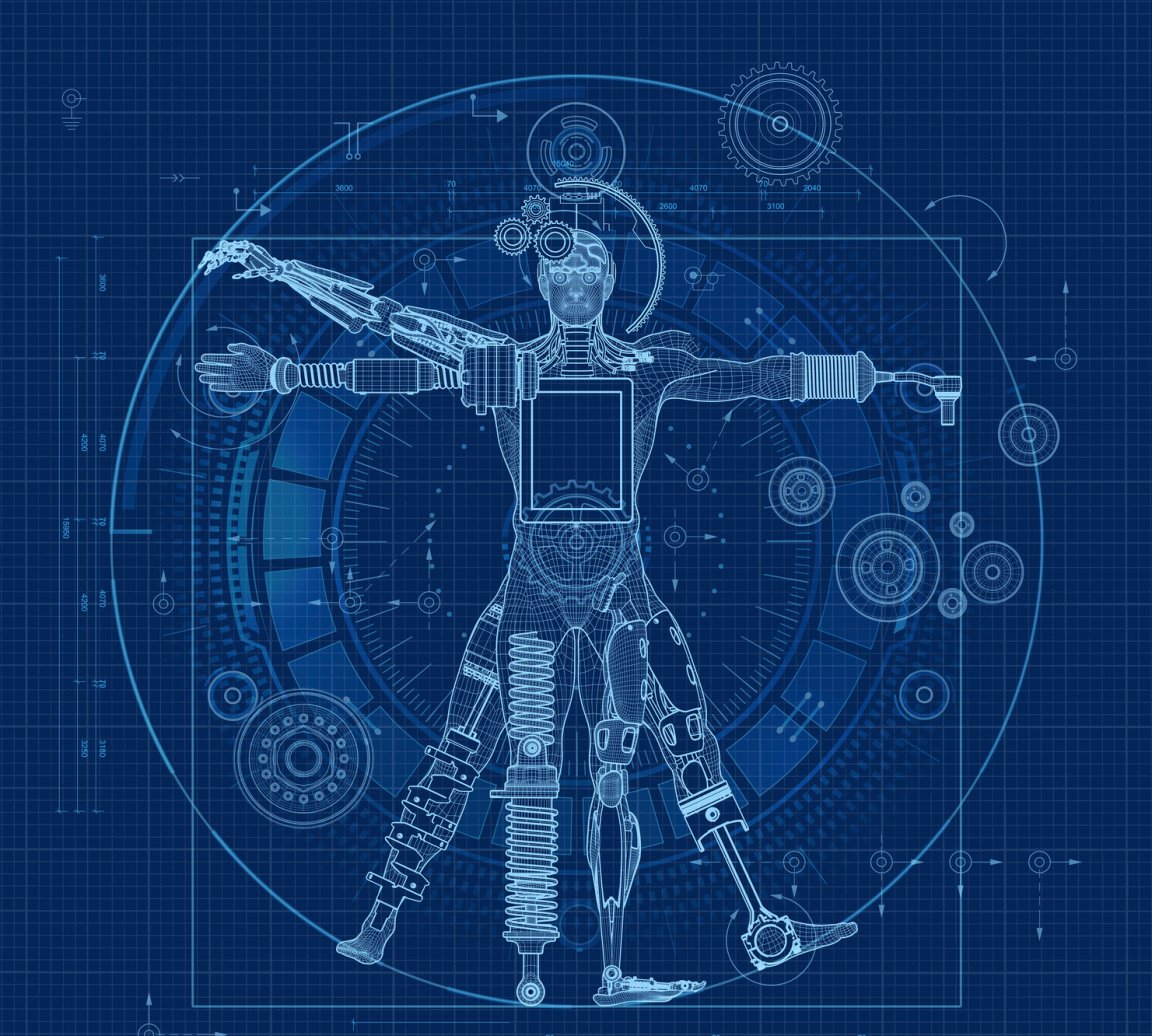
A Non-Utilitarian AI
Researchers at the University of California (UC), Berkeley, have produced an artificial intelligence (AI) that is naturally curious. They tested it successfully by having it play Super Mario and VizDoom (a rudimentary 3-D shooter), as the video below shows.

While the AI that was not equipped with the curiosity ‘upgrade’ banged into walls repeatedly, the curious AI explored its environment in order to learn more. Pulkit Agrawal, a Ph.D. student at UC Berkeley, a member of the team, compared it to babies, who “do all these random experiments, and you can think of that as a kind of curiosity.”
A Solution to Many AI Problems?
Most current AIs are trained using ‘Reinforcement Learning’ — they are rewarded when they perform a task that helps them to reach a goal or complete a function. This is a useful and effective strategy for teaching AI to complete specific tasks — as shown by the AI who beat the AlphaGo world number one — but less useful when you want a machine to be autonomous and operate outside of direct commands. This is crucial step to integrating AI into the real world and having it solve real world problems because, as Agrawal says, “rewards in the real world are very sparse.”
Brenden Lake, a Data Science Fellow at New York University said in an email to MIT that this work is encouraging. “Developing machines with similar qualities is an important step toward building machines that learn and think like people.”
However, to some, this could be extremely worrying. Elon Musk and Stephen Hawking have already discussed AI as a serious threat to humanity, and we must consider the consequences of introducing improvements to thought capacity to a process of learning that we already don’t fully understand.